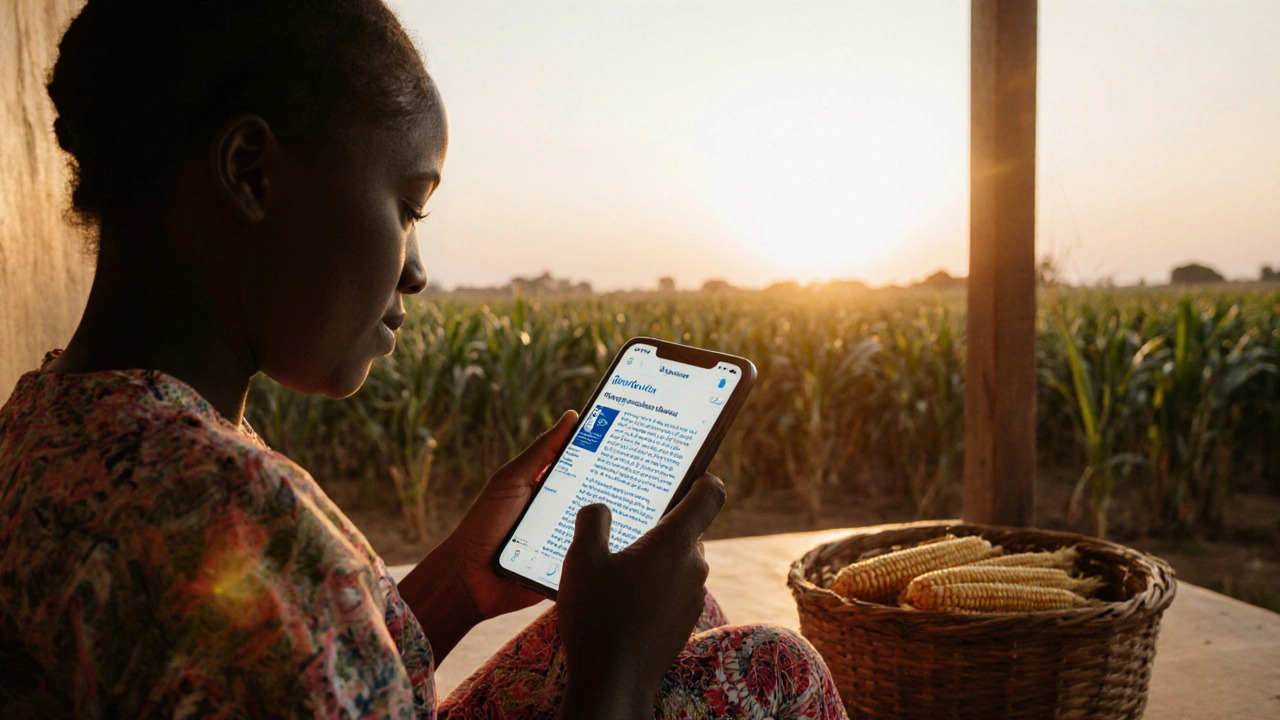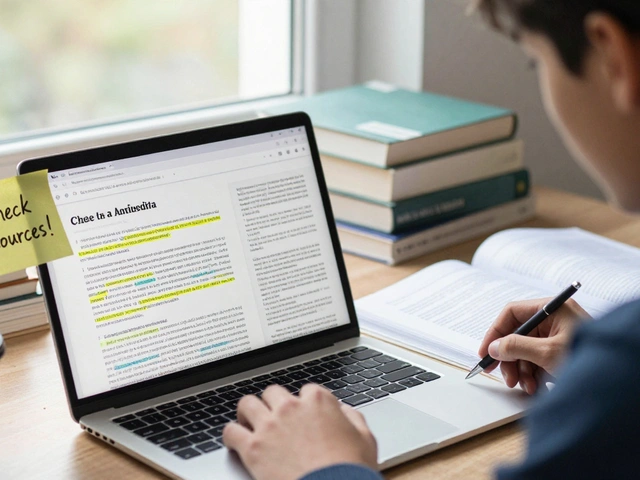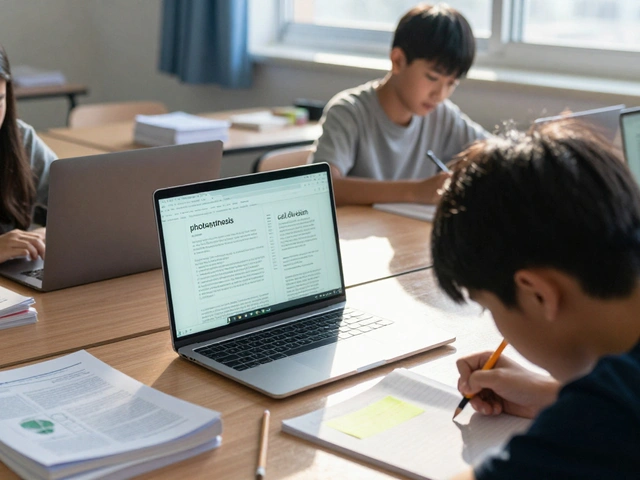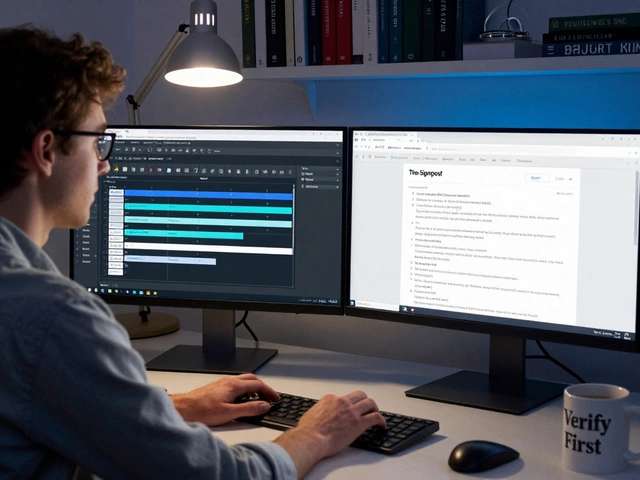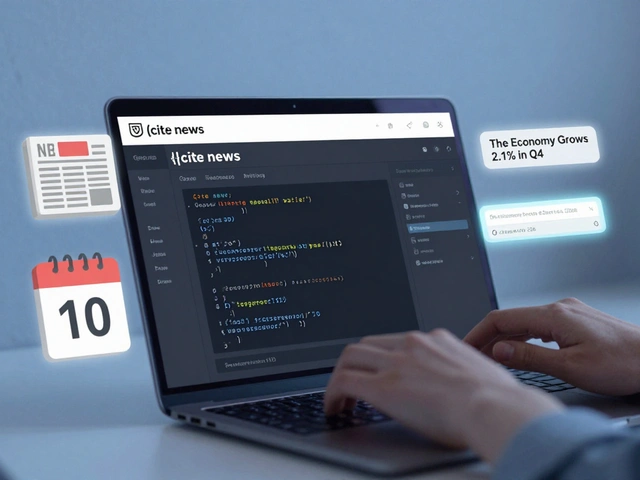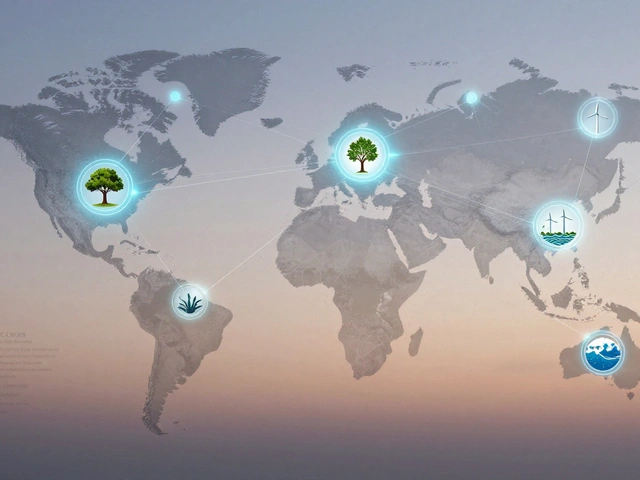African knowledge digital: How Wikipedia builds inclusive global knowledge
When we talk about African knowledge digital, the effort to record, preserve, and share knowledge from African communities through digital platforms like Wikipedia. Also known as digital African epistemologies, it’s not just about adding articles—it’s about correcting centuries of erasure in global information systems. For too long, Wikipedia reflected the biases of its earliest editors: mostly white, male, and from North America and Europe. But that’s shifting. Today, volunteers across Africa are building content in local languages, documenting indigenous histories, and challenging the idea that knowledge only counts if it’s written in English or published in Western journals.
What makes this movement possible? Wikimedia grants, funding given to local groups to support content creation in underrepresented regions and languages. These aren’t big corporate sponsorships—they’re small, community-led projects: a group in Nigeria training high school students to write about Yoruba deities; a collective in Ghana digitizing oral histories of Akan chiefs; a team in Kenya creating Wikipedia content in Swahili about traditional medicine. These efforts don’t just fill gaps—they rebuild the map of what knowledge looks like. And they’re not alone. open knowledge, the principle that information should be freely accessible, reusable, and shared without restriction. is the engine behind it all. Without CC BY-SA licensing and wiki collaboration, none of this would scale.
It’s not easy. Many African languages lack digital tools. Internet access is uneven. And some topics still get flagged as "not notable" because no one in Berlin or San Francisco has written about them. But the tide is turning. More editors from Africa are joining, more articles are getting flagged for improvement, and more institutions—from universities to libraries—are partnering with Wikimedia chapters. The result? A Wikipedia that’s starting to look more like the world it claims to describe.
What you’ll find below is a collection of stories, tools, and debates that show how this change is happening—not from the top down, but from the ground up. From how grants fund local projects to how volunteers fight bias in sourcing, these posts reveal the real work behind making knowledge truly global.
African Language Wikipedias: Building Knowledge Resources
African language Wikipedias are growing fast, letting communities build digital knowledge in their mother tongues. From Swahili to Yoruba, these projects are rewriting how knowledge is shared across the continent.
